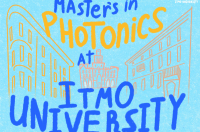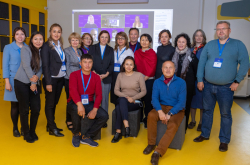What are the key features of Master’s degree programs at ITMO University? What are the modules that make up each program?
Every Master’s program involves fundamental and professional training. Fundamental training includes subjects and modules related to languages, design thinking, entrepreneurial culture, and digital culture, as well as a professional module that serves as the basis of your professional training in the program.
In today’s world, a university graduate must know how to use digital technologies to fulfill their professional and personal needs. That’s why subjects from the module Digital Culture in the Workplace, which includes required subjects Data Processing and Analysis and Applied Artificial Intelligence along with a number of elective ones, occupy a vital role in our Master’s students’ training.
How do the general and soft skills courses work?
In a Master’s program, elective disciplines allow students to develop their individual educational tracks. For example, a student has the right to choose one of these three subjects as part of their general module:
- Thinking;
- Creative Technologies;
- Project Management Techniques;

In order to develop the students’ soft skills, which are a must for specialists of any kind today, we offer them a choice of one out of six elective subjects, three of which are taught in English:
- Business and Research Ethics, Research Management;
- Internationalization of Research;
- Personal Effectiveness and Time-Management;
- Negotiation, Influence and Conflict Management;
- Emotional Intelligence;
- Effective Team-Management.
It should be noted that once a student picks their elective subject, it becomes a part of their required curriculum.
In the first semester, all Master’s students regardless of their chosen program receive fundamental training and skills that they needed to develop further and build a successful career. This is the foundation that helps them develop their professional abilities.
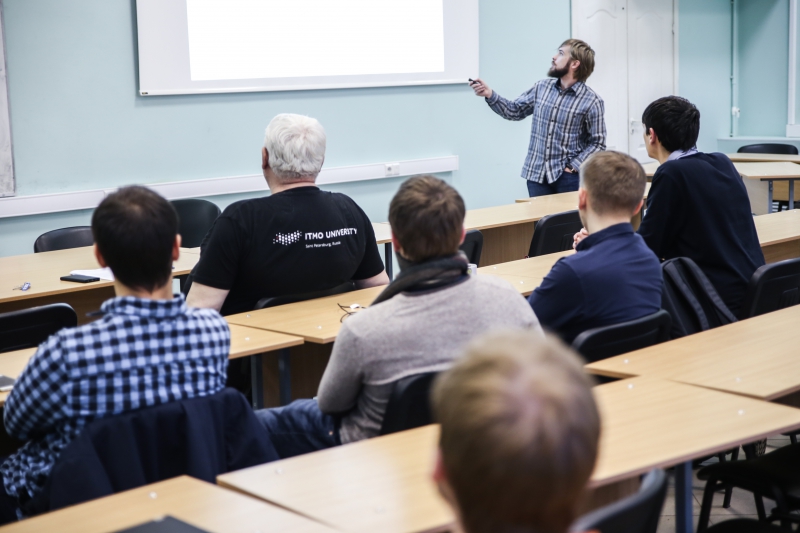
Starting with the second semester, the students begin professional development and choose their specializations.
What does professional Master’s-level training look like?
We provide a number of educational modules that reflect the specific nature of a Master’s program and form the students’ professional competences.
It is worth mentioning that during their professional training, students retain the opportunity to cater to their individual educational needs. This is accomplished through offering them elective “specialization” modules. Students have a choice between at least two modules, each with its unique title.
Specialization within a subject area can be beneficial both in terms of receiving further in-depth knowledge to increase your qualification, and of acquiring new professional skills in an adjacent field. For example, someone who graduated with a Bachelor’s in engineering may choose to study Management in Engineering as an additional subject; someone with a Bachelor’s in biology may select a module in Bioinformatics.
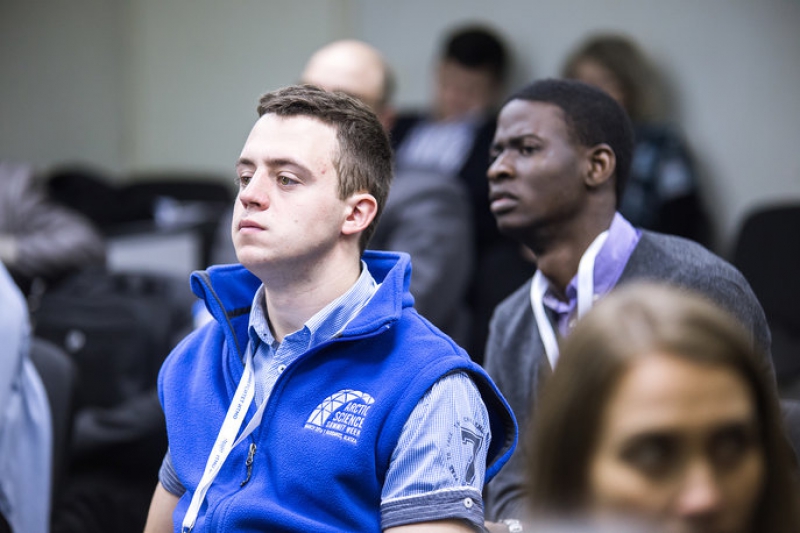
When and how should a student choose their specialization?
Master’s students choose a specialization in their first semester. That choice is based on their desire to study a relatively narrow area of their professional field in depth, which ensures that graduates are able to perform well on the domestic and international job markets. The specializations are designed to provide students with a general understanding of the work responsibilities and requirements that come with a relevant job position.
Students may be offered free choice of specializations or required to take part in a competition if the number of positions in a specialization is limited. It should be noted that, just as with elective subjects, once a student has chosen their specialization module, all subjects included within that module become a part of their required curriculum.
The entire range of specializations can be reviewed by Master’s students during the first semester using their personal page in the University’s intranet system ISU. The page includes names of the specializations and the subjects included in each one. This way, students have the opportunity to review the information at hand and make a conscious choice based on their professional interests and priorities. To submit their choice of specialization, students also use their personal ISU page.
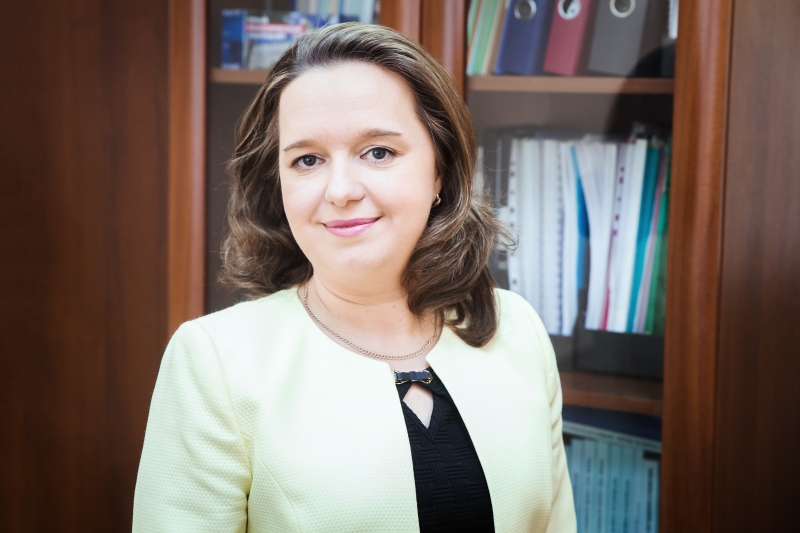
You’ve already mentioned letting students shape their educational path. What other opportunities do students have in this regard?
Master’s students can also form their individual educational track using massive open online courses (MOOCs) hosted by specialized portals such as Coursera, OpenEdX, and others. If a student has completed an online course and received their certificate, then, with the approval of a tutor and the head of program, it will be added to the student’s digital portfolio.
You can also form your educational track via online educational programs, academic mobility, and additional courses, modules, and subjects. Students can pick a course or module, study it, pass an exam, and then talk to their tutor about certifying the results. The University’s rules include special provisions that regulate these kinds of processes.
As for academic mobility programs, it goes like this: when students go abroad to study at another university, they outline the specifics of their trip – dates, subjects, and their individual curriculum – with the head of their program. Then, the subjects studied at the partner universities can be marked as passed at ITMO University.
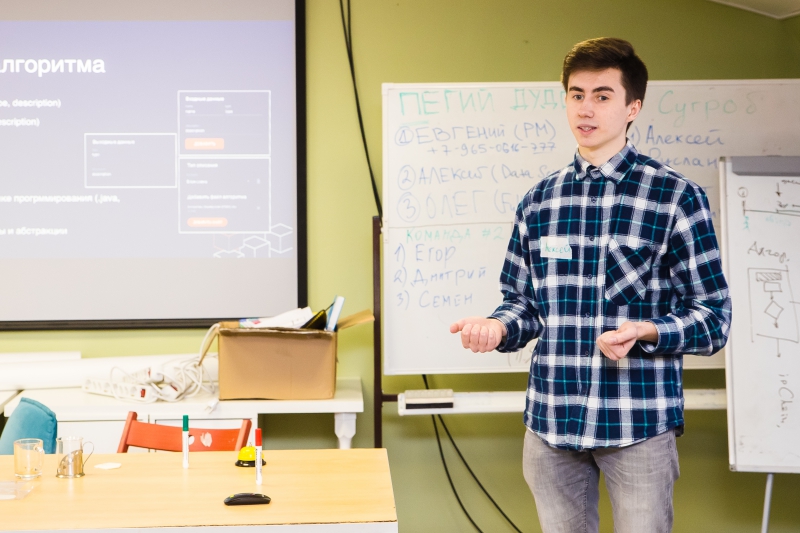
ITMO University operates a number of Master’s programs, including international and joint programs. Which opportunities do they offer to students?
The programs that have the status of an International Educational Program (IEP) or Joint Educational Program (JEP) provide graduates with an even bigger advantage on the job market.
Enrolling in a Master’s Program taught entirely in English (IEP) not only improves the students’ proficiency in written and spoken English, but also gives them a number of additional opportunities to apply their professional skills after graduation. Students of IEPs have access to a wide range of internships and collaborations with international scientists at ITMO or its partner universities.
A joint educational program (JEP) may also be given in English; if not in full, then at least within the framework of a specialization. Such programs provide Master’s students with opportunities to acquire additional academic and cultural experience, oftentimes abroad, building a foundation for future professional mobility and increasing their job market value. Moreover, upon graduation all students of such programs are either granted two diplomas from each of the universities, or an appendix to a diploma that lists the subjects they’ve acquired at ITMO’s partner university.



